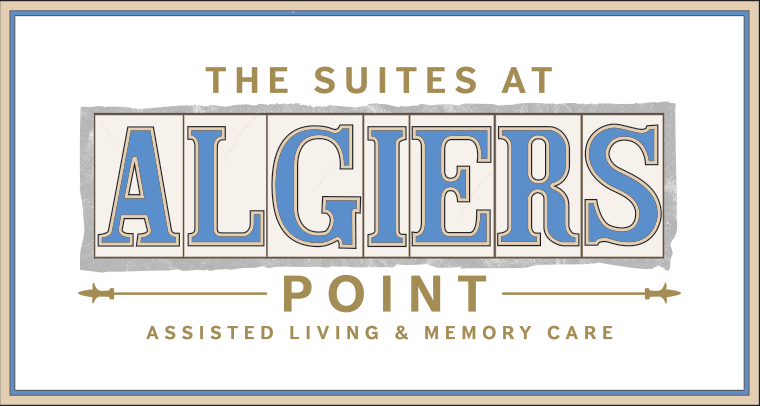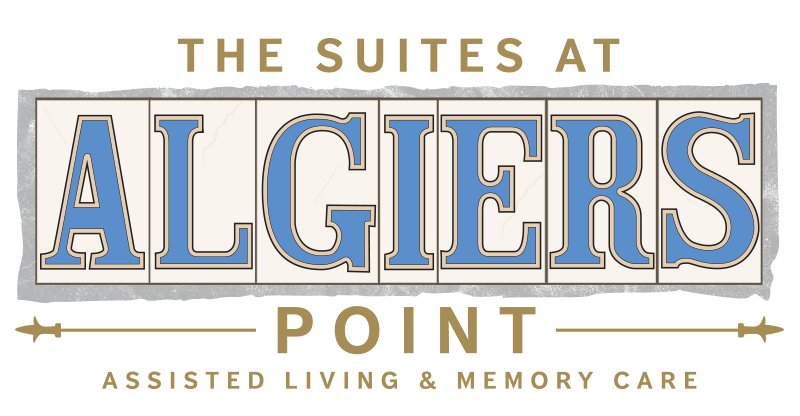Your family member has just been diagnosed with Alzheimer’s or some other form of dementia. Your family is overwhelmed. What happens next? A transition period often follows a dementia diagnosis where patients and their families have to adjust and prepare for the progression of this ugly disease. Physical, financial and mental preparations will need to be accounted for.
Physical Signs To Prepare For After A Diagnosis
Alzheimer’s or dementia is considered to progress in stages.
Stage One: Normal Brain Health – No impairment. Doctors start the scale at this level in order to have a standard of comparison as the disease progresses to other stages.
Stage Two: Very Mild – Symptoms include having a hard time remembering names or where you left your keys. Unless it progresses to something more serious, it is not a cause for concern and may not indicate the onset of a serious cognitive illness.
Stage Three: Mild – Mild cognitive impairment (MCI), characterized by an escalation of previously minor issues with memory and thinking that starts to affect your loved one’s daily life to a moderate extent.
Stage Four: Moderate – In addition to memory issues, a loved one may begin to experience moodiness or begin to seem anti-social. They will have trouble with everyday tasks and often be unresponsive. They will often deny that anything is wrong.
Stage Five: Moderately Severe – Your loved one will need help with basic daily tasks. At this point, they will suffer from regular confusion, forgetfulness, and have difficulty with focus and problem solving. A memory care facility should be considered at this stage.
Stage Six: Severe – A caregiver will be needed for everyday tasks. The same memory and mental problems will still be there, however, your loved one will also experience personality changes, delusions, and may have trouble recognizing family and friends.
Stage Seven: Very Severe – Loved ones will often lose the ability to communicate. They will also need help with all types of day-to-day care and could lose the ability to walk.
Financial and Legal Planning
Financial and legal planning are very important to talk to your loved one about. The sooner financial and legal matters are taken care of, the more a loved one diagnosed with dementia will be able to participate. Financial matters include monthly bills, the status of various bank accounts, loans, and credit cards, insurance policies, etc. Legal matters include updating wills or trusts, designating power of attorney, or creating a living will or trust.
Preserve Memories
It can be a great bonding experience to sit down with your family member that has been diagnosed with dementia and listen to personal stories or go through family photos and videos. Take lots of photos and videos with your loved one interacting with your family for precious keepsakes in the future. The most important thing to remember is to cherish the time with your loved one here and now.
As the disease progresses and you find yourself searching for a memory care facility in the Luling area, consider The Suites at Algiers Point Assisted Living and Memory Care. We were the first assisted living and memory care community in Louisiana to be awarded with the Dementia Care Specialists’ Distinguished Provider Award, a national award that recognizes select memory care communities that demonstrate excellence in resident care, specifically in cultivating an environment and team that allows their residents to enjoy the absolute greatest level of function, safety, and quality of life possible. Contact us today to learn about all we have to offer.


